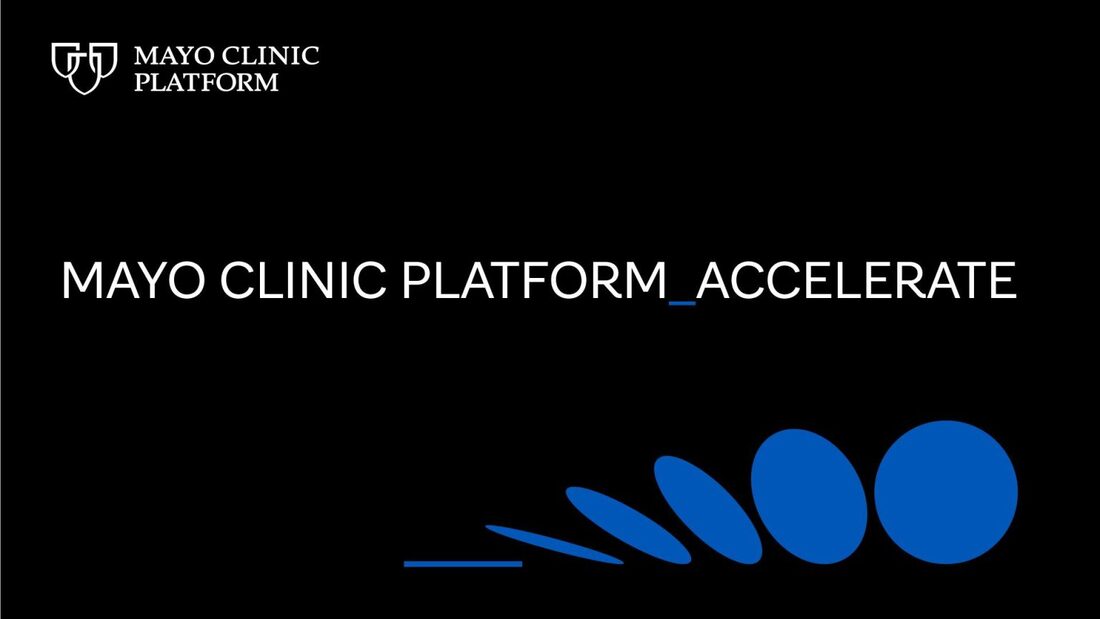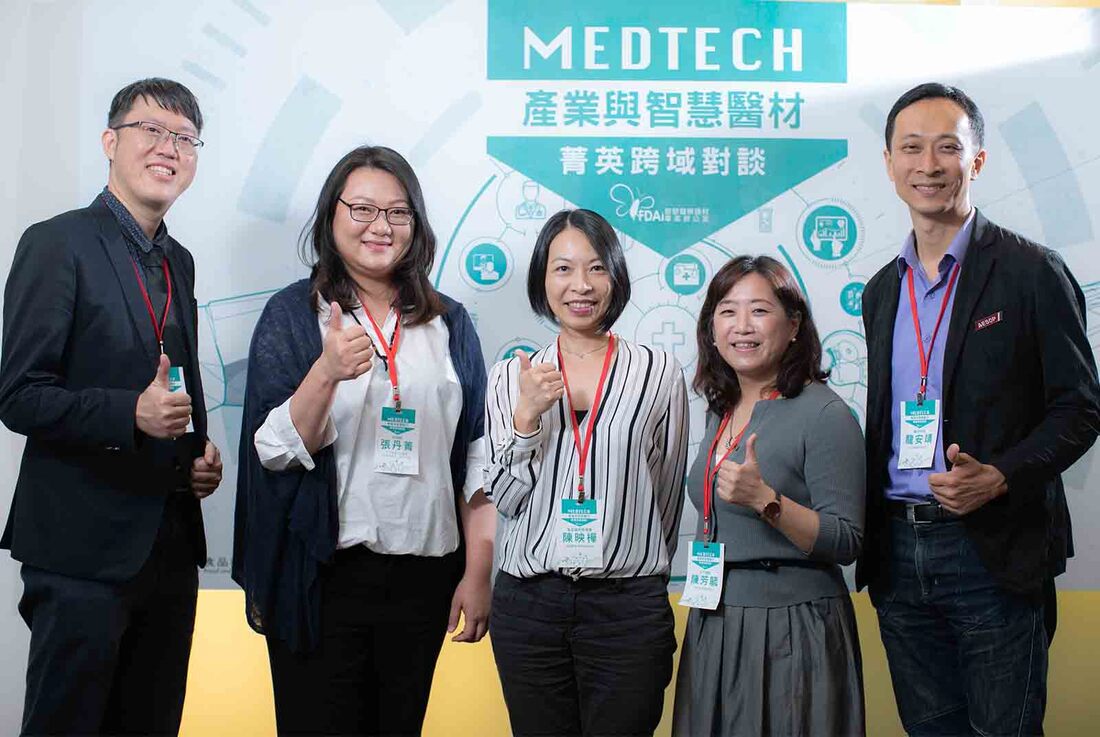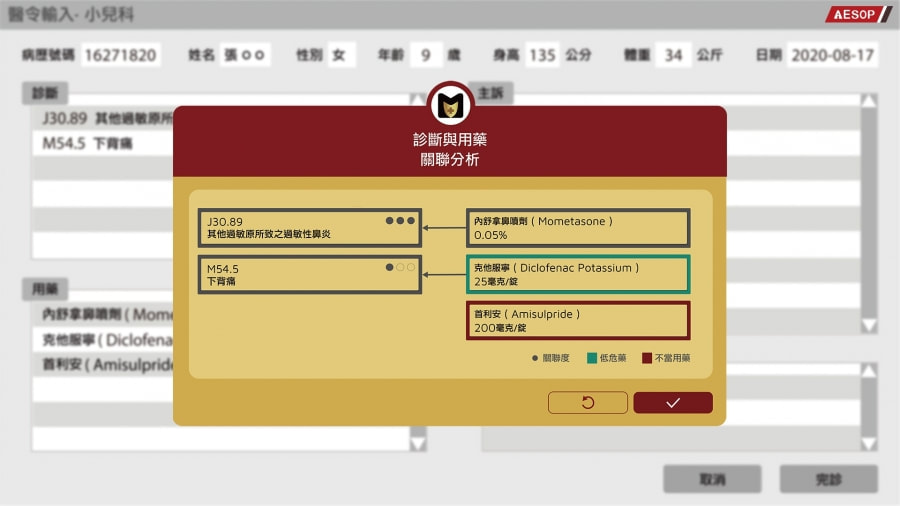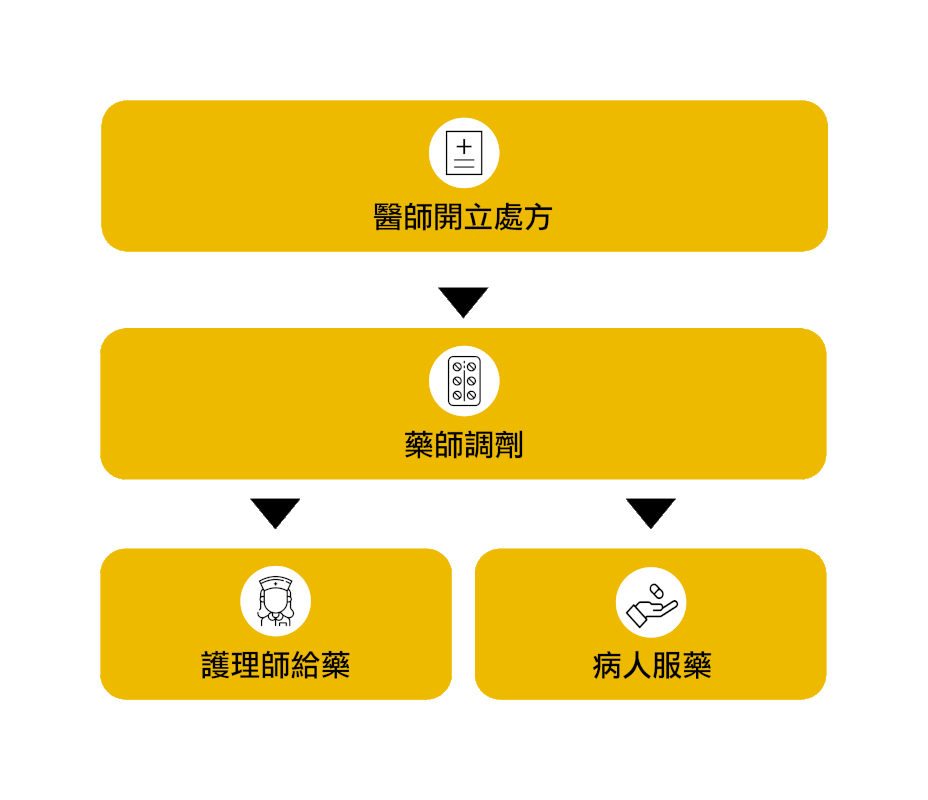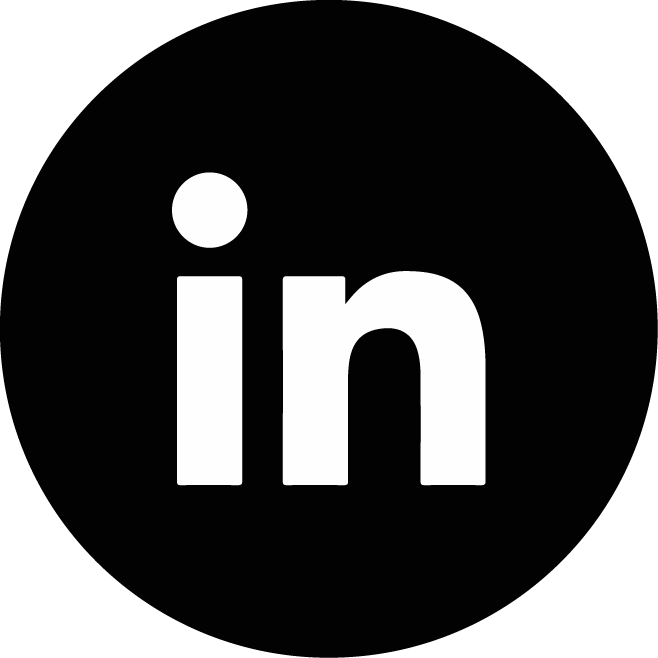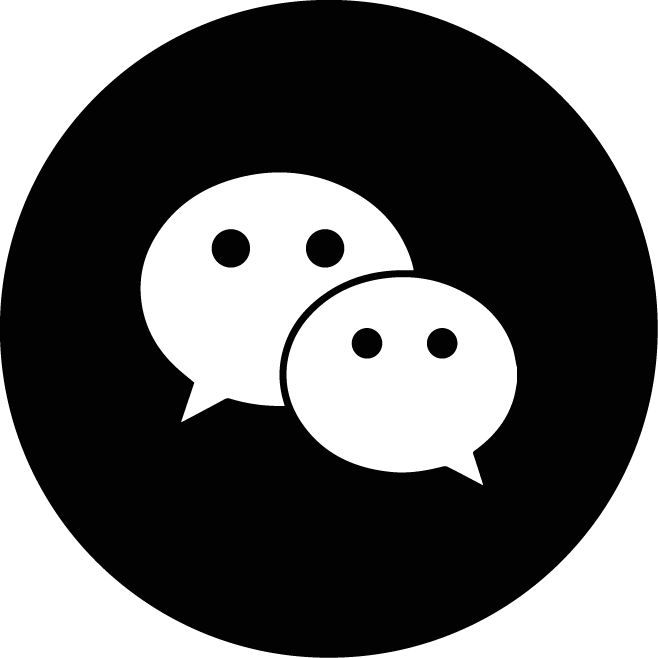|
ROCHESTER, Minn. — Mayo Clinic Platform_Accelerate has announced its second cohort of health tech startups, including national and international businesses. The program will help seven companies develop and validate their artificial intelligence-driven health care products or solutions and advance their business plans.
The immersive, 20-week program offers participants access to Mayo Clinic experts in regulatory, clinical, technology and business domains with a focus on AI model validation and clinical readiness. Technology experts from Google and Epic also will provide workshops for the participants. "The only way we can transform health care is by bringing together clinical experts with technology innovators," says John Halamka, M.D., president of Mayo Clinic Platform, a strategic initiative to improve health care through insights and knowledge derived from data. "Our Accelerate program combines emerging companies with breakthrough ideas, leaders from Mayo's clinical practice and our unique 'data behind glass' approach to algorithm development," Dr. Halamka says, describing the secure environment that allows companies to build algorithm models they can use for innovation, but the data never leave the Mayo Clinic Platform. The program will help participants explore ways to improve health care in a variety of areas:
California-based medical AI startup Aesop Technology, which has an R&D office in Taiwan, has recently unveiled its latest clinical documentation improvement tool that helps coders spot incorrectly coded diagnoses or procedures. DxPrime provides suggestions to support medical data entry. The CDI tool is based on a machine learning model that has been trained based on a data set of some 3.2 billion patient visits. According to Aesop Technology, their latest solution for medical coding harnesses AI to "efficiently compensate for traditional CDSS and NLP weaknesses to find correct or missed diagnoses". WHY IT MATTERS Now available on digital health marketplace Olive Library, DxPrime provides information on missing and wrongly coded diagnoses or procedures to easily correct patients' charts. With incorrect patient records, Aesop claims, patients could be given improper discharge instructions, thus receiving poor after-discharge care. For providers, this could lead to a wrong estimate of their patients' length of stay and wrong code insurance claims, which could ultimately result in denials and revenue losses. Aesop emphasized that errors in diagnosis input are difficult for physicians to avoid due to the gap in their knowledge of coding systems. Currently, the 10th revision of the International Statistical Classification of Diseases and Related Health Problems (ICD-10) has 14,400 diseases included in its base classification, 68,000 diagnosis codes under ICD-10-CM and 87,000 procedural codes under ICD-10-PCS. 
PRNewswire
Medical AI start-up Aesop Technology announced a new partnership that made their new product, DxPrime, available in the Olive Library. DxPrime provides physicians and clinical documentation improvement (CDI) teams with information about missing and wrongly coded diagnoses and procedures to correct the patient's chart in just a few clicks. It makes completing discharge summaries, prioritizing work for CDI teams, and medical coding much easier, faster, and less error-prone.
If the patient record is incorrect, you cannot code correctly. Completeness, precision, and validity of medical documentation are critical for all healthcare stakeholders. Without correct patient records, patients could receive improper discharge instructions and a sub-optimal continuum of care. Providers also can struggle to estimate the length of stay and code insurance claims correctly, resulting in denials and loss of revenue. Approximately 10% of inpatient claims are denied, of which more than 85% (or about $35 billion) result in unnecessary losses. Many of these denials occur because of errors in the patient record that occur upstream from the claims process. Diagnosis input errors are difficult for physicians to avoid because the knowledge of coding systems is different from what they need to learn to provide great patient care. Modern medicine's complexity has caused 14,400 diseases to be included in ICD-10, further classified into 68,000 ICD-10-CM and 87,000 ICD-10-PCS codes. "Physicians, CDI team, and coders have to spend a lot of time poring through medical records to find the key clinical diagnoses among the vast amount of information available," said Jim Long, CEO of AESOP. "After that, they have to follow a series of inefficient steps on the computer to complete the input process, and search functionality for ICD codes often is not helpful. The whole process is complex, time-consuming, and error-prone. When the physicians input the improper diagnosis, it also has downstream implications. "When using DxPrime, we have helped physicians often notice they did not correctly code complications such as urinary tract infections and respiratory failure. By assisting them in inputting the proper diagnoses, our partners have seen an increase in revenue of 5-10% per inpatient." State-of-the-art machine learning assisted physician data entry. DxPrime provides high-quality suggestions to support physician data entry based on a machine learning model (published in the Healthcare journal) that has been run on top of data from 3.2 Billion patient visits, including vast amounts of structured information. It allows DxPrime to use items from the patient record like lab test results and medications ordered when predicting a diagnosis. This comprehensive model utilizes artificial intelligence to efficiently compensate for traditional CDSS and NLP weaknesses to find correct or missed diagnoses.
Referred from: PR Newswire
U.S.A., Jan. 31, 2022 - Olive, the automation company creating the Internet of Healthcare, today announced the winners of the first-ever Hack for Health contest. In partnership with Rotera, Olive held the contest to encourage developers to build Loops (think apps in an app store) that will change the way healthcare employees work by improving efficiency, reducing the scope for errors and burnout, and enhancing productivity — all to optimize the patient experience.
Olive designed its Hack for Health contest to solve healthcare’s biggest problems through collaboration with the developer community. Participation is open to any individual developer, startup, health system, or enterprise technology company. Winning Loop submissions are published on Olive’s platform, giving developers full access to Olive’s growing payer-provider network. While any developer who publishes a loop on Olive’s platform receives 85% of the revenue generated from their Loop(s) once published, Hack for Health grand prize winners also receive tiered cash prizes up to $10,000, industry speaking engagement opportunities, a 60-minute pitch meeting with the Olive Ventures team, an Oculus Quest 2, YubiKey, and a 30” curved monitor. Olive also provides opportunities for its employees to develop Loops as part of an internal contest with its own set of prizes. “Olive created healthcare’s first true platform. We wanted to create an event that encouraged a wide range of developers to come build on it to grow our ecosystem of people working together to transform healthcare,” said Patrick Jones, Executive Vice President, Partnerships at Olive. “Our first-ever Hack for Health contest, in partnership with Rotera, was the perfect way to introduce developers of all sizes to Olive and create new solutions that will help change the way healthcare workers work.” Olive selected the following five Loops as the grand prize winners based on their functionality, innovation, outcome improvement, and bettering of diversity, equity, and inclusion among underrepresented healthcare workers and patients:
左起為臺北醫學大學生醫加速器執行長-陳兆煒、科技部人工智慧生技醫療創新研究中心副執行長-張丹菁、食藥署品質監督管理組副組長-陳映樺、主持人未來城市頻道總監-陳芳毓、台灣醫材新創醫守科技創辦人-龍安靖進行精采的分享。圖片來源:食藥署
智慧醫材論壇最終場「產業與智慧醫材菁英跨域對談」,27日在書香花園圓滿落幕,從8月底開始,五場智慧醫材論壇,一路從學界觀點談到政策發展,最終場來到「醫材創業」的主題。 本次論壇榮幸邀請到台灣學研界的專家——臺北醫學大學生醫加速器執行長陳兆煒,科技部人工智慧生技醫療創新研究中心副執行長張丹菁,以及成功打入美國市場的台灣醫材新創醫守科技創辦人龍安靖,在短短三小時內分享交流研發醫材創業的心路歷程。 針對市場需求,陳兆煒執行長指出,首要任務是瞭解使用者的需要,定義出需解決的問題,藉此幫助團隊找出創業初期市場中尚未滿足的需求(Unmet Need),「經過十年後,就要致力於找到高價值需求True need,才能幫助台灣的生醫市場發展起來。」同時,北醫加速器在做的,就是協助新創團隊在複雜的利害關係中,調整出最合適的經營模式。 成功進軍美國市場的醫守科技是少數經歷各種加速器培育成長的智慧醫材新創,且團隊第一筆資金即來自美國矽谷。龍安靖創辦人分享,現在醫守科技試圖建立一個小規模發展模式,以爭取美國市場投資或商業機構合作為主,「先在美國吸取經驗、習慣美國客戶需求,待熟悉美國的環境、條件、限制後,再進一步去找國際化資金。」 龍安靖也分享,在美國市場尋找立足點,要注意三點,一是缺乏美國醫療數據,須加入美國大數據平台,才能有效率的開發產品。二是落地深耕有難度,如何證明自身實力,才能吸引大規模的病例公司合作,醫守科技過往發表的論壇期刊即是證明。第三點品牌識別度,在國外市場要建立品牌鑑別度頗具難度,因此對於品牌服務的定位,比起找出競爭者,更應著重在找到合作對象,藉此發揮合作效益的最大化。 醫守科技正是成功發現新問題,在醫院工作大量電子化的情形下,有新問題產生——系統使用不便導致醫師開藥錯誤、帳務計算錯誤等,龍安靖說:「我們透過期刊論文證明我們的方法有效,利用大數據解決電子化趨勢下產生的新問題。」
Ten startups from the Taiwan Tech Arena (TTA) will participate in the program's first Global Innovation Pitch Showcase, produced in partnership with Berkeley SkyDeck, UC Berkeley's highly competitive global startup accelerator. Silicon Valley VCs, angel investors and industry professionals will attend the virtual event. Interested investors may register to join the pitch Showcase here.
TTA, funded by Taiwan's Ministry of Science and Technology, is focused on building a vibrant tech ecosystem of Asian startups. Each year, they select a cohort of up to 30 startups to participate in the TTA Silicon Valley accelerator, with eight of the startups participating with SkyDeck as part of its Global Innovation Partners program. This event marks the first time TTA is producing a pitch showcase with SkyDeck.
"We are proud to connect the outstanding Taiwanese tech talent with the impressive entrepreneurial community of Berkeley SkyDeck," said the TTA Silicon Valley office. "Since 2016, we have brought more than 150 innovators from Taiwan to the U.S. to build strong international relationships and connections and attract investment. And it's noteworthy that most of the startups' businesses stem from academia. To date more than half of these Taiwanese startups have raised money. With the new Showcase, we're thrilled we can share their talents, ideas and innovations on a global stage." SkyDeck's Global Innovation Partner Program serves as a bridge for global startup teams as they participate in the SkyDeck entrepreneurial ecosystem and bring their ideas to the U.S. market. A limited number of startups from outside the U.S. are selected to participate in the partner program alongside the SkyDeck Batch (cohort) and Pad-13 (incubator) teams. "Working closely with TTA has been a wonderful experience for all of us," said Caroline Winnett, Executive Director, Berkeley SkyDeck "Not only are the teams from Taiwan getting an immersive learning and networking experience at SkyDeck, they will return home ready to launch and create economic opportunities in their communities. We look forward to helping jumpstart these startups here in the U.S. and then seeing how they grow." The Aug. 19 Showcase will feature the following startups:
The study also found that applying a federated learning approach can further improve accuracy of the model.
A study has demonstrated the international transferability of a Taiwanese artificial intelligence model for detecting medication errors in EHR systems in the United States. The study was jointly conducted by Taiwan-based medical AI startup Aesop Technology, Taipei Medical University, Harvard Medical School and Brigham and Women's Hospital. Its results were announced last week in a press release. WHY IT MATTERS The "biggest challenge" in data-driven medicine is the successful implementation of data-driven applications in clinical practice from local to global settings without compromising patient safety and privacy, according to Dr Yu-Chuan Jack Li, a professor at Taipei Medical University. The study, whose findings were published in the Journal of Medical Internet Research - Medical Informatics in January, found "good" transferability of Aesop's machine learning model in the EHR systems of two training schools under Harvard Medical School – Brigham and Women’s Hospital and Massachusetts General Hospital. A federated learning (FL) approach was applied to the model which enhanced its performance. The said approach is an emerging technique that addresses the issues of isolated data islands and privacy. "FL provides the solution by training algorithms collaboratively without exchanging the data itself," Dr Yu-Chuan said. "The study has shown that the model trained by federated learning achieves remarkable performance comparable to the other two models trained by individual data sets," Aesop Technology co-founder and CEO Jim Long also said. Incorporated in Aesop's MedGuard system, the AI medication safety model was trained using the 1.3 billion prescription data set from the National Health Insurance Administration in Taiwan. In the statement, Aesop said its system can "immediately" provide adaptive suggestions to help doctors better complete their prescriptions. The AI model has since been expanded to eastern and western hospitals in the US. THE LARGER TREND Despite the wide adoption and optimisation of EHR systems in US hospitals, those systems still pose risks given varying safety performance, according to a 2020 study by researchers from the University of Utah and the Brigham and Women’s Hospital. Medical errors are costing the US around $20 billion each year, leading to over 250,000 deaths. These can occur at any stage of the medication process with errors in prescribing happening half of the time. The use of an AI system in preventing medication errors was already validated as early as 2017 by researchers at Harvard Medical School. In the same year, MedAware, the Israel-based startup which developed the algorithmic system, raised $8 million to scale its AI-powered solutions. ON THE RECORD "Reducing medication errors at the source is crucial. However, to help physicians be better informed and make better decisions, they need more accurate suggestions and alerts. This is where machine learning can help to make better decisions and improve patient safety and quality of care," said Dr David W. Bates, Chief of General Internal Medicine and Primary Care at Brigham and Women's Hospital and Professor of Medicine at Harvard Medical School. New study paves the way for collaboration on artificial intelligence modelling and medication error reduction globally Researchers at Harvard Medical School, Brigham and Women's Hospital, Taipei Medical University, and Aesop Technology, a Taiwan-based startup, announced today the results of a new joint study into the international transferability of machine learning (ML) models to detect medication errors. The results were recently published in the Journal of Medical Internet Research - Medical Informatics. Working to Reduce Medication Errors Medication errors are a growing financial and healthcare burden that results in economic costs of around US$ 20 billion and more than 250,000 deaths annually in the U.S. alone. Medication errors can occur during any stage of the medication process, including prescribing, dispensing, administration, and monitoring, with errors in prescribing accounting for 50% of the total. When medicating patients, physicians go through complex decision-making processes to accurately write a prescription. First, they must clearly define the patient's problem and list the therapeutic objective before selecting an appropriate drug therapy based on age, gender, and possible allergies. They must also consider dosing, drug-drug interaction, potential discontinuation of the drug, drug cost, and other therapies — and all of these need to be done instantly and simultaneously. "Reducing medication errors at the source is crucial. However, to help physicians be better informed and make better decisions, they need more accurate suggestions and alerts. This is where machine learning can help to make better decisions and improve patient safety and quality of care," said Dr. David W. Bates, Chief of General Internal Medicine and Primary Care at Brigham & Women's Hospital and Professor of Medicine at Harvard Medical School. For technology to assist in solving these problems, it is critical that machine learning understands these variables. For this to be successful, data must be properly collected, organized, and maintained. 「Acetazolamide」與「Acetaminophen」是兩種完全不同的藥品,連要念出來都會讓人舌頭打結,前者是青光眼用藥,後者則是日常常見的止痛藥。 以止痛、解熱的Acetaminophen(乙醯胺酚)來說,在台灣健保用藥中,就有超過50家藥廠製造,普拿疼只是其中一種,每家藥廠的命名方式又不一樣,合計產品數量多達上百種。 由於可選擇的產品過多,就算醫師記憶力再怎麼好,也不見得能記住所屬醫院裡全部合作的藥廠產品。因此,有醫師或許會選擇用學名搜尋,卻可能一不留心就選成學名類似的Acetazolamide(乙醯偶氮胺)。 「 台灣每年光是把止痛藥開錯,開成青光眼用藥的案例,就多達3,000多次。 」醫守科技共同創辦人暨執行長龍安靖說,「止痛藥通常又會吃好幾顆,對老人、小孩來說,吃錯是非常危險的。」
台北醫學大學(以下簡稱北醫)對創新的積極追求,讓他們在白色巨塔中獨樹一格。
自2014年開始參與科技部各項補助計畫,至今北醫已積累18項自有核心技術,並衍生出多家新創公司,包括提供子宮內膜癌篩檢輔助的「酷式基因」,以及獲得科技廠力晶投資3.5億元、目標研發癌症疫苗及抗體藥物的「智合生醫」。 為發掘更多的創新和創業機會,北醫還與美國史丹佛大學簽約合作,挑選3位醫師接受Stanford Biodesign「醫材創新訓練」課程訓練,並於今年6月將這套課程引進體系內。 萬芳醫院(北醫體系)神經內科醫師陳兆煒,用自己專長的神經內科專長比喻,醫師在診間經常拿著一根小鎚子,用來確認神經傳導狀況。「舉例來說,醫材業者開發診斷類敲擊反射錘時,如果只專注在材質、規格是否更好,沒有重新檢視臨床使用的痛點和需求,很難取得真正的成功。」 解決兩大痛點,開通新創成長之路 今年7月,北醫正式開幕生醫加速器。這個台灣首家醫療大學國際級加速器,聚焦「 數位醫療 」、「 人工智慧 」與「 醫療器材 」3大主題,除導入Biodesign訓練課程、從需求找商機外,更運用1校7院的臨床資源,提供試驗規畫、降低開發風險,輔導團隊研究成果商品化與鏈結國際。 第一階段,北醫已和比翼資本共同輔導10家新創公司,並分別投資10萬美元給較成熟的復健醫學智慧軟體開發公司龍骨王、醫療新創醫守科技、美國健康監測解方公司Rhythm Diagnostic System(RDS)等3團隊。 其中的醫守科技,由前萬芳醫院資訊室主任龍安靖與台北醫學大學醫學資訊研究所特聘教授李友專共同創辦,分析13億筆健保處方資料,打造出智慧型藥物安全系統「藥御守」(MedGuard),已成功導入北醫體系與多家國內醫院。 藥御守這套系統可在醫師開立處方時提供AI建議,把關超過120萬張處方;而醫師對於藥御守的建議接受度,也高達7成。 |
全部
|
醫守科技股份有限公司
|

|
© AESOP Technology 2024


